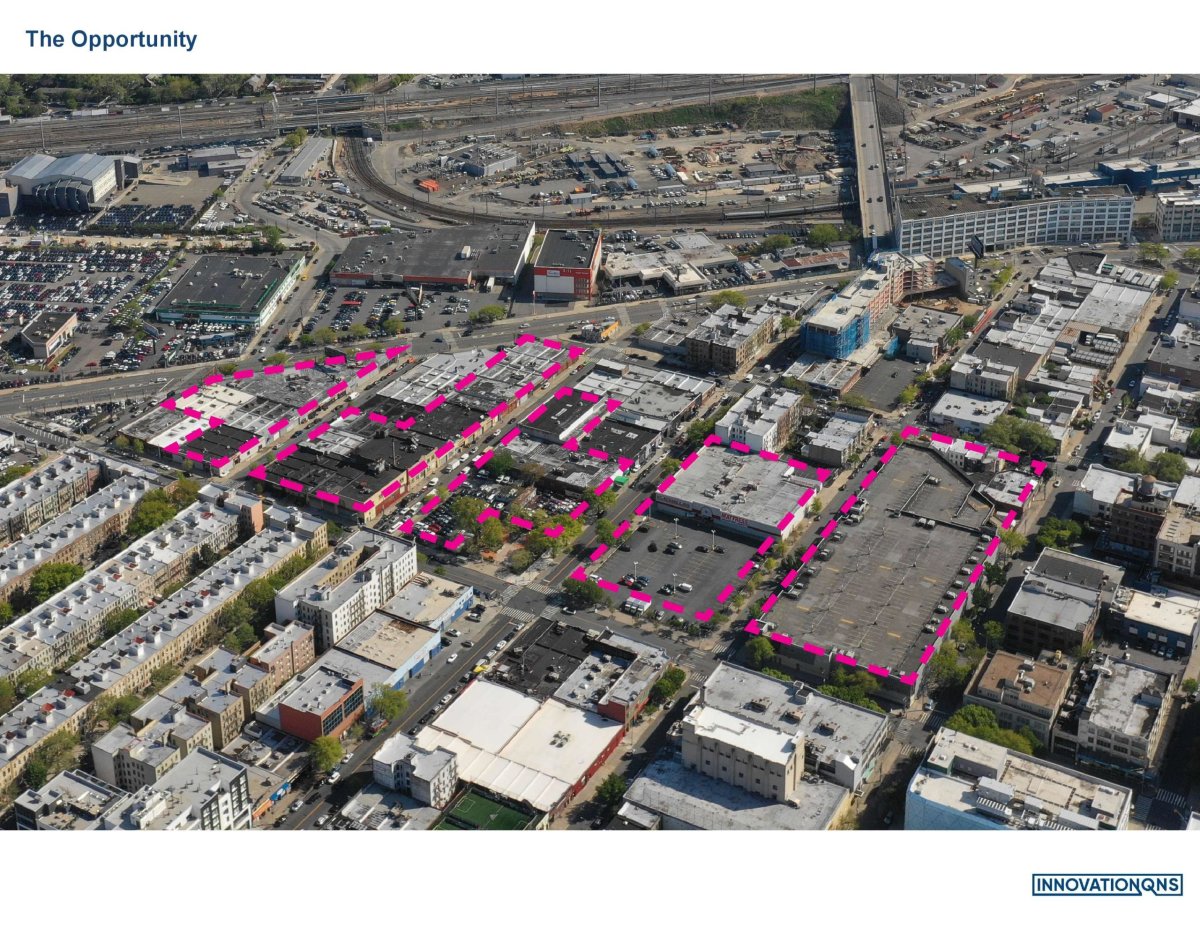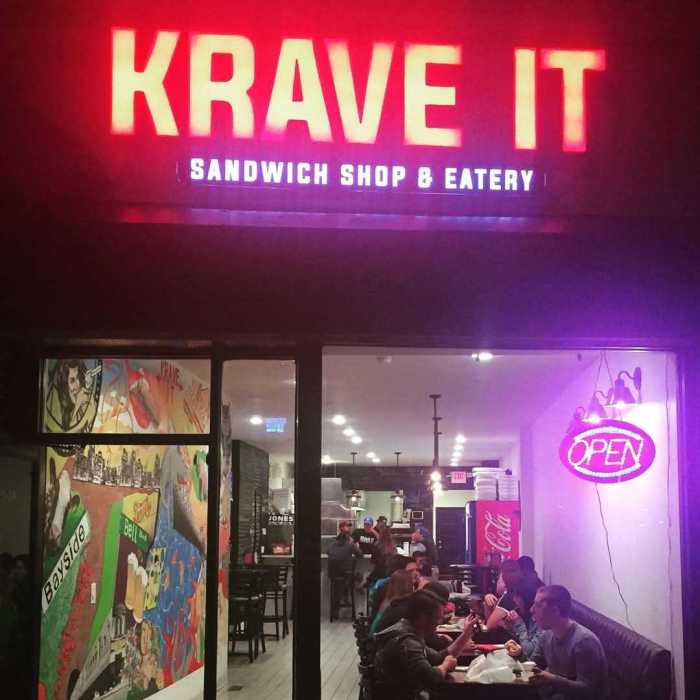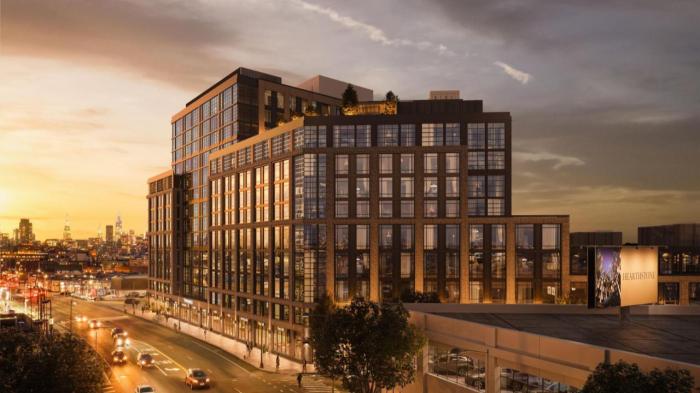The lack of affordable housing in New York City is well documented as is the need to turn the page from a pandemic that ravaged our economy. Here in western Queens, we now have the opportunity to review a proposed $2 billion private investment that will jumpstart our economy while, according to the project’s sponsors, creating more than 700 permanently affordable units of housing for people who need them most. This is a corner of Astoria that today has far more surface parking and warehouses than it has housing.
The plan, known as Innovation QNS, is believed to offer the largest privately financed infusion of permanently affordable housing for Queens residents in decades. According to information shared with us, as many as 5,400 jobs will be created and we’re told that the people who live and work in the new development will spend some $50 million a year with local businesses.
Yet there are people, a small, but vocal minority — including some who don’t even live in the community — attempting to stop the project even before it has been sufficiently reviewed by all of us.
We worry that the “just say no” movement is becoming too commonplace in New York. In the last five years, we’ve seen many applications representing significant private investments in neighborhoods that are severely under-resourced be withdrawn before completing the city’s review process. We thought that this was the process for review. Amazon HQ2 in Long Island City, Lenox Terrace in Harlem, a neighborhood we know well, and the well-publicized Industry City in Sunset Park are particularly notable, but there are many others that never advanced beyond early stages because the project sponsors could not be confident that they could advance to good faith negotiations — the critical give-and-take phase — that would result in something being approved. Reportedly those projects would have provided over 50,000 jobs, over 3,000 units of housing, and represented more than $4 billion in private investment.
It is impossible to claim that anyone wins when we take a combative approach to the rezoning process. And it is certain that there are losers — too often lower-income communities of color that need jobs, housing and infusions of dollars that are going to be focused and spent locally. That is really the cost of saying “no.”
The city has failed to produce enough housing of all kinds — affordable and market-rate to keep up with demand for over a decade — matching neither population growth nor, significantly, job creation. Not to mention the thousands of our brothers and sisters that sleep on the streets every night. For the previous decade ending in 2020, the city added only one unit of housing for every five jobs created. And despite the pandemic, the city’s population is expected to grow by roughly 300,000 people by 2030
In rezoning actions, a game of absolutes often means that local communities are the significant losers when projects are rejected without public review. Let’s not throw away a good project while trying to achieve an unattainable perfect. This is a crucial moment that we must get right.
While some may disagree with certain aspects of the Innovation QNS proposal, we are eager to learn as much as we can. The city’s mandated process is the appropriate forum for these issues to be debated. We are glad the project has been allowed to proceed by the Department of City Planning and now the public can have our say.
While adjustments can be, and perhaps should be made during the public review — that is common — delay will only jeopardize the recovery we need. We should continue to advocate for improved healthcare services for a community that was disproportionately impacted by the COVID pandemic, Similarly, only a truly inclusive development — starting with real opportunities for minority-owned businesses during construction should be allowed to proceed.
But delay would not serve our community well.
Ask the Steinway Street merchant who is wondering whether closing its doors is better than struggling for one more month, or the unemployed building service worker who could get a good union job here or the senior citizen in Astoria who has been waiting for more than five years for a chance at an affordable unit.
Delay wouldn’t serve them or any of us well.




































